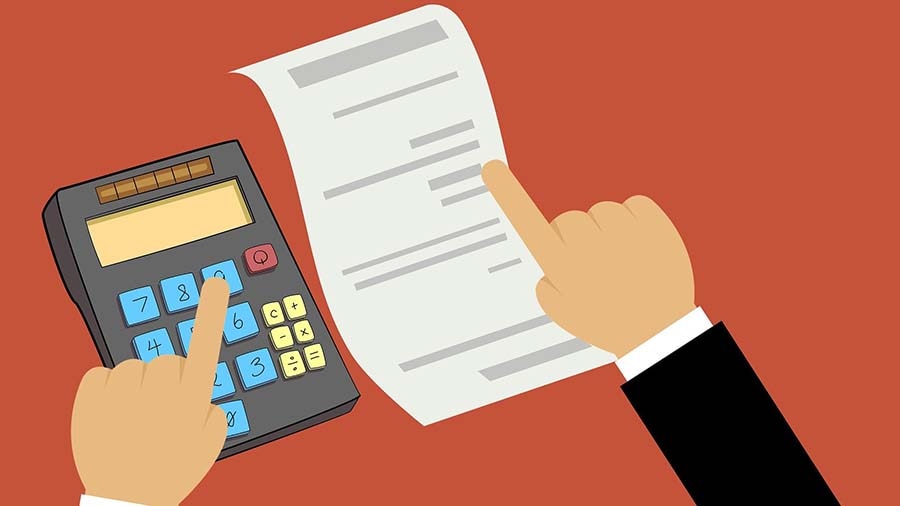It happens to every business at some point – a customer misses a payment deadline, and you find yourself in the awkward situation of having to figure out how to ask for payment professionally. Not only are overdue invoices frustrating, but they can spell disaster for a business. Over 29% of businesses fail because they run out of cash. Without access to working capital, it can be challenging to make payroll, pay suppliers, or satisfy the many other obligations that go along with running a successful business. You may even find yourself in the situation where you have to take on debt and expensive late fees and penalties in order to fund your business.
Part of running a successful business means maintaining good customer relationships. If a client has overdue unpaid invoices, you’ll want to carefully manage the collections process or you could risk losing a hard-won customer. A 2020 Atradius survey found that the number of companies that couldn’t pay their suppliers due to customers’ overdue payments on outstanding invoices increased to a whopping 32% from two years ago. And, depending on your industry, extended payment terms are becoming increasingly more common. So, just how do you ask for payment professionally? And how can you ensure that your business has access to the working capital necessary to grow and thrive, without the headache of late payments?
Survey findings, success and lessons learned from Canadian small business owners are outlined below.



